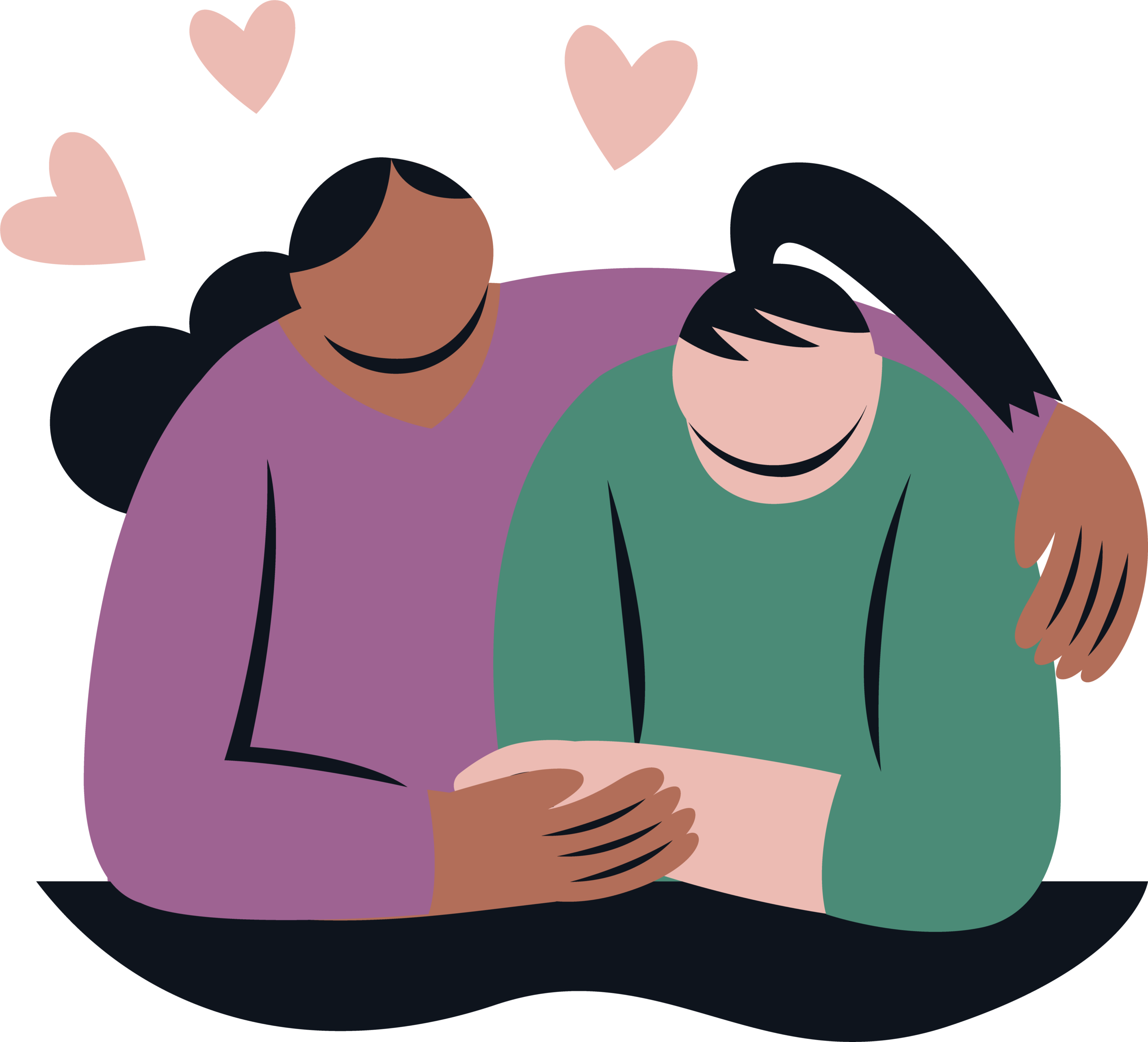
The Perspective Gap: Why Showing Empathy Is Hard

Improve your ability to show empathy, and to get others to show empathy to you, by learning to bridge the perspective gap.
Have you ever seen “Ford vs. Ferrari”?
It’s a movie based on a true story, of how Ford Motors built a racing car that [spoiler alert] dethroned the Ferrari racing team at the 1966 24 Hours of Le Mans race in France.
There’s this great scene in the middle of the movie where Carroll Shelby, a former race car driver turned automotive designer played by Matt Damon, is trying to persuade Henry Ford II to his point of view. Shelby wants his friend and fellow racer, Ken Miles (portrayed by Christian Bale), to drive the car at Le Mans. But Mr. Ford is against it because his lieutenants hate Miles, who happens to be a bit of a rebel.
So, how does Shelby convince Mr. Ford that his friend is the best man for the job?
He takes him on a little ride…
In the race car.
Once Mr. Ford sees with his own eyes just how brutal it is to ride in a race car at speeds of over 218 mph (350 km/h), he’s ready to give in.
So, what does all of this have to do with emotional intelligence? It starts with something we like to call “the perspective gap.”
What’s the perspective gap?
The perspective gap, also known as the empathy gap, is a phenomenon in which we dramatically underestimate the effects of a psychologically or physically intense situation.
Often, we think we know how we’d react in a foreign situation…but we really have no idea. Other times, we’re faced with a situation that’s similar to what we went through—but we remember dealing with the circumstances much better than we actually did.
The perspective gap is why physicians consistently miss the mark when attempting to estimate their patients’ level of pain, or why we find it so difficult to put ourselves in the shoes of our spouse or a family member.
And it’s why, even though he was raised around the auto industry, Mr. Ford thought he knew what it was like to ride in a performance race car.
But he was gravely mistaken.
So, what lessons can we learn from this scene?
Here are two.
Don’t be like Mr. Ford.
In your life, there are probably people right now who are trying hard to get you to understand how they think and feel. It’s easy to dismiss those persons with expressions like:
- Toughen up.
- It’s not that big of a deal.
- You’re making a mountain out of a molehill.
If you want to build or deepen your relationship, get out of that habit. Instead, strive to see things from their perspective.
If it’s important to them, make it important to you.
Be like Shelby.
What if you’re on the other side? What if you’re trying to help others understand what you’re going through?
Remember, even if they’ve had an experience similar to yours (and especially if they haven’t), don’t expect them to empathize.
Expect a perspective gap.
But don’t give up. And don’t just tell them the challenges you’re facing.
Instead, show them.
Start with identifying your own feelings. Are you frustrated? Angry? Disappointed? Sad?
Next, ask your colleague / friend / significant other to tell you something that really makes them feel frustrated, angry, disappointed, or sad.
Then, ask them to describe how they feel when that “thing” happens.
In doing this, you help them to connect, not to your situation…but to your feelings and emotions.
Now, you’ve helped them to understand where you’re coming from. You’ve helped them to relate. You’ve helped them to develop empathy.
And if you can do that, you’ll gain more than a teammate. You’ll gain a partner.
And you’ll accomplish far more than you ever could alone.
You might also like:
What Is Empathy? The 3 Types of Empathy and How They Differ

































